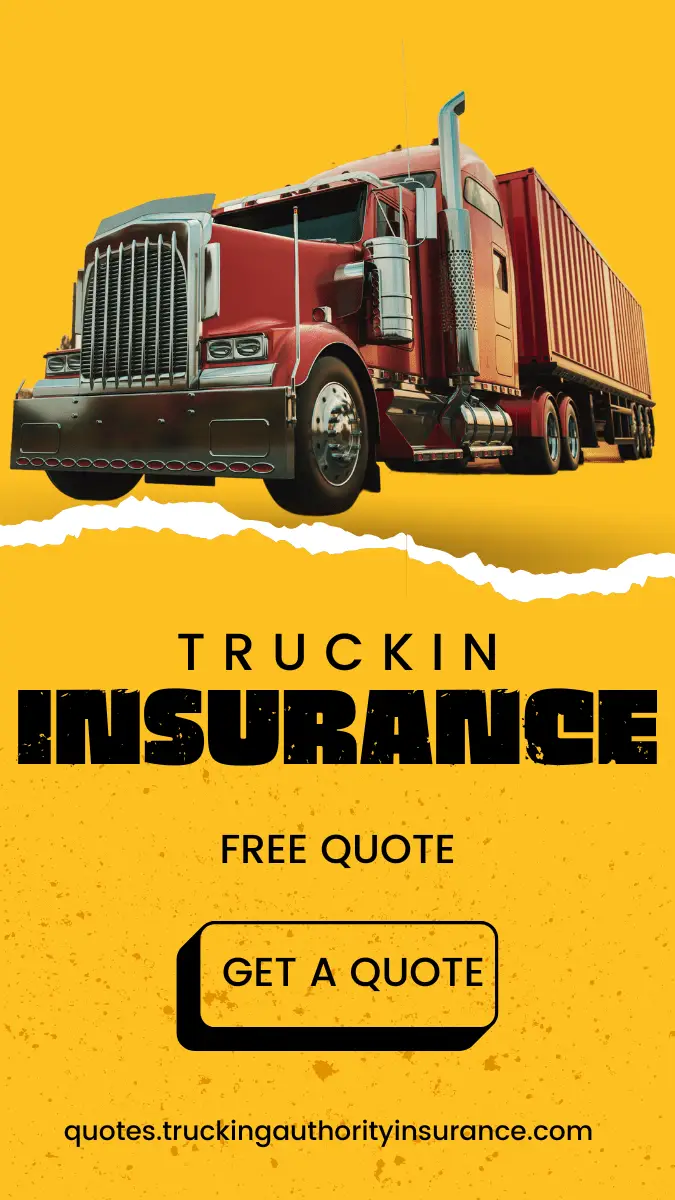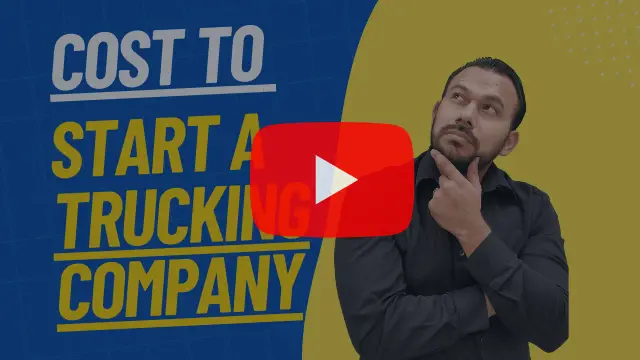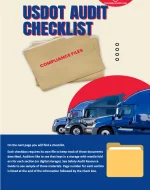Starting a trucking company in North Carolina requires more than just owning a truck—you need a solid legal foundation. One of the most effective ways to establish that foundation is by forming a Limited Liability Company (LLC). It protects your personal assets, offers tax flexibility, and signals credibility to brokers and clients.
At Truckers Authority, we’ve helped thousands of new trucking entrepreneurs successfully navigate both business formation and regulatory compliance. This comprehensive guide outlines how to start an LLC for a trucking company in North Carolina, plus essential steps to operate legally and avoid costly mistakes.
Why Start an LLC for a Trucking Company in North Carolina?
Forming an LLC in North Carolina is especially beneficial for trucking companies. Here’s why:
- Limited Liability Protection: Your personal assets (home, savings, etc.) are protected from business-related debts or lawsuits.
- Tax Flexibility: LLCs can choose to be taxed as a sole proprietor, partnership, or corporation.
- Professional Credibility: Brokers and freight clients prefer doing business with legally registered entities.
- Easy Management: Compared to corporations, LLCs have fewer formalities and lower maintenance requirements.
Step-by-Step: How to Start an LLC for a Trucking Company in North Carolina
Choose a Business Name
Your LLC’s name must be:
- Distinct and not already in use in North Carolina
- Compliant with state naming rules
- Include “LLC” or “Limited Liability Company”
Use the North Carolina Business Name Search to check availability.
File Articles of Organization
Complete and submit Form L-01 (Articles of Organization) to the North Carolina Secretary of State. This officially registers your LLC with the state.
- Filing Fee: $125
- You can file online, by mail, or in person.
Designate a Registered Agent
North Carolina law requires you to appoint a registered agent to receive legal documents. This can be you, someone else, or a registered agent service.
Apply for an EIN (Employer Identification Number)
The EIN is your business’s federal tax ID number. It’s required to:
- Pay taxes
- Open a business bank account
- Hire employees
Apply for free at the IRS EIN Application Page.
Create an Operating Agreement
Although not legally required in North Carolina, it’s highly recommended. An Operating Agreement helps define:
- Ownership structure
- Member responsibilities
- Voting rights
- Profit distribution
It also helps resolve disputes and strengthens your legal protections.
File an Annual Report
All LLCs in North Carolina must submit an Annual Report to stay in good standing.
- Due Date: April 15th each year
- Filing Fee: $200 (as of 2025)
- Submit via the Secretary of State’s Online Portal
Need Help Obtaining Your Permits?
Get Your Trucking Authority Today!
We Can Help You Setup Your LLC & Trucking Authority.
Speak With Our Experienced Permit Professionals That Can Help You Every Step Of The Way.
Call Us Today! Live Agents Are Standing By.
Other Business Structures to Consider
If you’re still deciding whether an LLC is right for your trucking business, here are some alternatives:
- Sole Proprietorship: Simple and low-cost, but no asset protection.
- Partnership: Shared liability and income, but personal assets remain at risk.
- Corporation: Strong asset protection but more regulations.
- S Corporation: Offers pass-through taxation and liability protection.
To compare business structures, visit the IRS Starting a Business Guide.
Sole Proprietors: Do You Need a Fictitious Name (DBA)?
If you’re operating as a sole proprietor and using a name different from your legal name, you must register a fictitious name, also known as a DBA (Doing Business As).
Example:
If your legal name is “Alex Davis” but you run your company as “Davis Freight Movers,” you’ll need to register the fictitious name.
Where to File a DBA in North Carolina
Register your fictitious name with your county’s Register of Deeds Office. Here are links to major counties:
- Durham County Register of Deeds
- Forsyth County Register of Deeds
- Guilford County Register of Deeds
- Mecklenburg County Register of Deeds
- Wake County Register of Deeds
Be sure to check individual county requirements before filing.
What Comes After Forming Your LLC?
Starting an LLC is only the beginning for a trucking company in North Carolina. You must also meet federal transportation regulations to legally operate.
- Register with the FMCSA
All for-hire and interstate carriers must register with the Federal Motor Carrier Safety Administration (FMCSA) to get:
- USDOT Number
- MC Number
- Secure Permits and Tax Registrations
Depending on your business operations, you may also need:
- BOC-3 Filing: Designates a process agent in each state you operate.
- Unified Carrier Registration (UCR): Required for interstate carriers.
- IRP Apportioned Plates: Needed if you travel across state lines.
- IFTA Fuel Tax Registration: Tracks and pays taxes for fuel used in multiple states.
- Form 2290 (HVUT): Required for trucks over 55,000 pounds.
🧩 Need help? Visit our Trucking Authority and Permit Services page.
Common Mistakes to Avoid When Starting a Trucking LLC
- Picking a business name already in use
- Not getting an EIN from the IRS
- Failing to file the annual report on time
- Ignoring FMCSA registration requirements
- Missing IFTA or IRP compliance deadlines
- Not securing enough insurance coverage
Avoiding these mistakes ensures smoother operations and fewer regulatory issues.
Trucking Authority Services
Our Additional Services
We offer a comprehensive range of services to support your trucking business:
MC Number Application: For interstate operations
BOC-3 Filing: Required for FMCSA authority
UCR Filing: Ensures compliance with federal regulations
Form 2290 (HVUT): For heavy vehicle use tax
IFTA and IRP Registration: Required for multi-state fuel tax and registration
Business Formation Services
• LLC, Corporation, and Partnership Setup
State-Specific Permits
• Intrastate Authority
• North Carolina IFTA and IRP Filing
Frequently Asked Questions About Starting an LLC for a Trucking Company in North Carolina
Why should I start an LLC for a trucking company in North Carolina?
It protects your assets, improves credibility, and offers tax flexibility.How much does it cost to form an LLC in North Carolina?
The filing fee is currently $125.Do I need an EIN?
Yes, it’s required for taxes, payroll, and banking.- Can I file for an LLC on my own?
Yes, but professional help ensures compliance and faster setup. Do I need to file an annual report?
Yes. It’s due by April 15 each year.What happens if I don’t file the annual report?
Your LLC may be suspended or dissolved by the state.Is an Operating Agreement required?
No, but it’s highly recommended for internal clarity and legal protection.What is a fictitious name (DBA)?
A legal name registration used if your business name differs from your personal name.Do I need a BOC-3 filing?
Yes, to complete your FMCSA registration.Can I change my LLC to a different structure later?
Yes, you can convert to a corporation or elect S-Corp status.What insurance is required?
FMCSA requires public liability insurance and cargo insurance depending on the type of freight. It could be anywhere from $300,000 to $5,000,000 depending on the freight.How long does it take to form an LLC in NC?
Usually within 3–5 business days if filed online.Do I need special permits for hauling across states?
Yes, including IRP plates, IFTA, and UCR.Can I use my home address as my business address?
Yes, but it must be a physical address—not a PO Box.Can I start my business while my authority is pending?
No, you must wait until FMCSA grants your operating authority.







